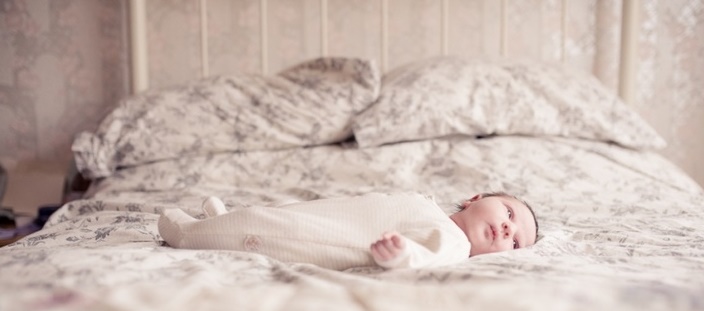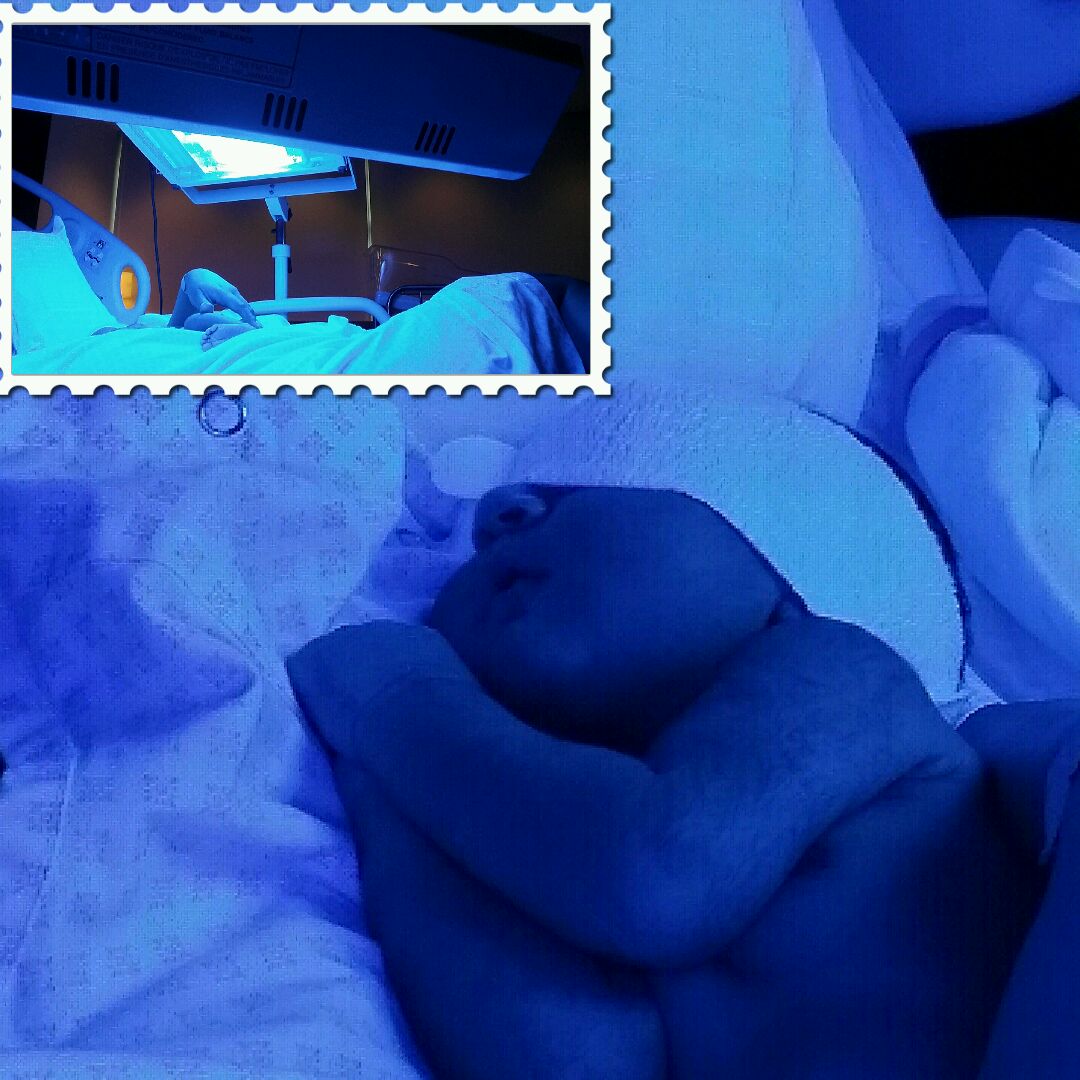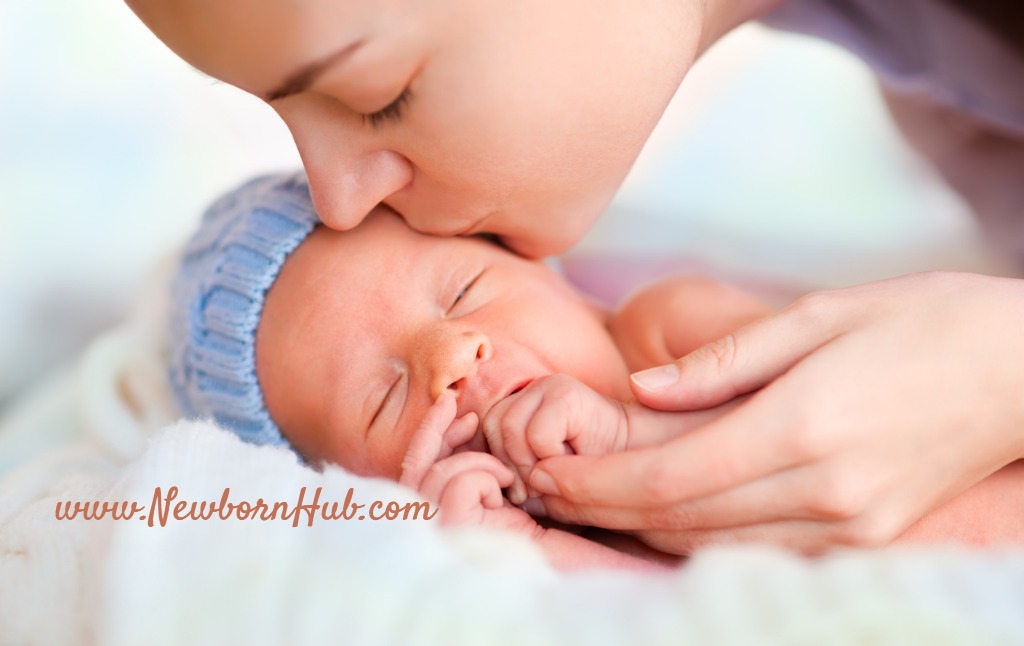Newborn Jaundice:
Symptoms, Causes, Damages & Treatment
Worried about your newborn having Jaundice? You love everything about the color yellow until you have a baby that the doctor suspects of having Newborn Jaundice. Everything changes from here. You examine the little creature (at least) 5 times per hour just to make sure the yellow tinge you noticed on his forehead or in her eyes has reduced.
Newborn Jaundice is a very common condition (usually lasting for the first 3 to 5 days from the birth) and it causes yellow discoloration in the skin and eyes of the newborn. It is also common for baby Jaundice to keep showing its symptoms till your baby is 14 days old or so. But the Jaundice level (determined by the test carried out by the nurse) as well as the yellowish color of your baby should keep on reducing, otherwise, it could be dangerous.
Jaundice Symptoms:
We already know the first and foremost symptom: your baby’s skin and eyes appear yellowish in color. Your hospital, at the time of birth and discharge, will examine your baby for Jaundice, and may carry out a blood-test if required. Other signs your newborn has Jaundice are when:
- your baby is not taking proper feed, breast or bottle
- he/she seems lethargic
- he/she loses weight (although newborn babies shed off some birth-weight till the time of discharge)
- the arms and legs have become yellow or orange in color (in severe cases).
Why Yellow?
 Put your baby in sunlight for 15 minutes, twice a day.
Put your baby in sunlight for 15 minutes, twice a day.Jaundice happens due to the excess of a yellow colored pigment in the red blood cells called the bilirubin. It basically signifies that either the body is making excessive bilirubin or the liver is not functioning properly to excrete the produced bilirubin through baby's stool. Sounds Greek? Don't worry, these details are only for the curious parents.
Causes of Newborn Jaundice:
Infant Jaundice (also known as Neonatal Jaundice, Baby Jaundice or Newborn Jaundice) is commonly observed in babies who are born preterm or those which are breast fed. Sometimes (though quite rarely), the neonatal Jaundice could be caused by another disease infecting the baby. There is an incurable medical condition known as Galactosemia that has jaundice as one of its symptoms. In such instances, the newborn baby exhibits intolerance towards milk (breast or formula).
Damages caused by high Bilirubin level:
Severe Jaundice, which is not promptly treated, may lead to brain damage, convulsions, deafness, cerebral palsy and other development related problems. However, such complications are quite rare. It is for this reason that it is vital to keep a check on the high bilirubin levels within your baby’s blood and to ensure that the baby maintains its activity levels.
It is imperative that the doctor keeps an eye on the levels of bilirubin and routinely conducts blood tests of your baby, to avoid any untoward condition.
Treatment of newborn jaundice:
1. One of the natural and noninvasive treatments for newborn Jaundice (or to avoid newborn Jaundice) is breast feeding, particularly in the early hours and days of the birth; reason being, the more you breastfeed the baby, the more stool is passed from the system, whilst concurrently providing the requisite energy to the baby, which in turns processes the bilirubin.
 Phototherapy
Phototherapy2. Neonatal Jaundice is very commonly treated by exposing the baby’s body to light (and ensuring his eyes are properly covered by means of eye patches). This process is called Phototherapy, which is quite effective but may lead to skin rashes as well as loose bowel movements. In such an instance, breastfeeding should be increased to ensure there is no decrease in bodily fluids of the baby.
3. If your newborn has minute Jaundice, the doctor may allow you to take your baby home, but may ask you to expose your little one to sunlight at least twice a day. It is a good practice to keep your newborn in open sunlight (a treatment from ancient days to treat this medical condition) for 15-20 minutes in the morning and evening (ideally, at the sunrise and sunset times when the sunlight is not too intense so that the sun-rays cannot harm the delicate skin).
4. In extreme situations (when phototherapy, exposure to sunlight and excessive breastfeeding don't help the baby in getting rid of the yellow), the baby may be provided with fluids, by means of inserting a needle into his veins (intravenously) or by means of blood transfusion, as deemed appropriate by the doctor.
Once you are back home with your baby, monitor your little one. Jaundice in newborns may be more common than you think, but it should vanish away quickly in a couple of days; otherwise, you need to consult your doctor, immediately.
Return to Baby Health section.
Return from Jaundice In Newborns to Homepage.



New! Comments
Have something to say about what you just read? Leave me a comment in the box below :)